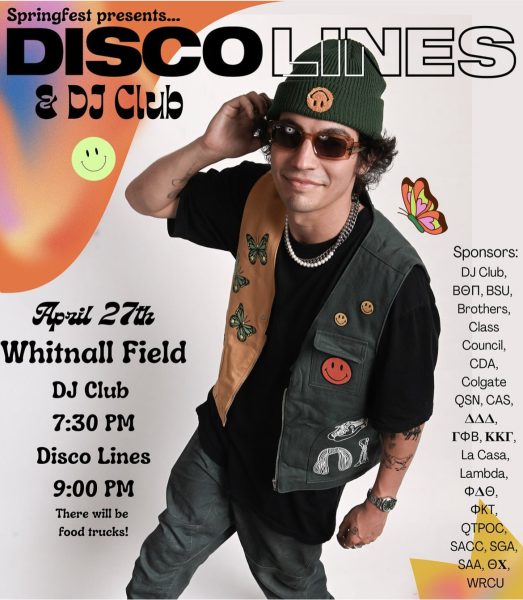You Drink, You Drive, You Lose
Last Friday, the New York State Police, in conjunction with Madison County Sheriff’s Department and the Hamilton Police Department, set up a sobriety checkpoint at the intersection of Broad and Kendrick Streets. The checkpoint was part of a statewide initiative called “Safe and Sober.”
In an attempt to discourage people from Driving While Intoxicated (DWI) on holiday weekends by catching offenders, the program involves the coordinated effort of county and local police across the state. The checkpoint in Hamilton was one of many.
Friday’s checkpoint could be considered a success in a number of ways. There were no arrests for DWIs, which hopefully means that no one was driving drunk that night. Also, nine tickets were issued for vehicle and traffic law violations.
Four arrests were made for Possession of Alcohol by a Minor. According to Hamilton Chief of Police James Tilbe, the confiscated alcohol was in plain sight in the vehicles and none of the vehicle’s occupants were 21 years old. The arrested students face fines, although the charge is not a criminal matter.
Had anyone been suspected of DWI, they would have faced a breathalyzer test. If over the legal limit, the person’s driving privileges would have been suspended for a minimum of six months and the drive would have faced fines of at least 350 dollars, in addition to court surcharges.
According to Tilbe, significant progress has been made in cutting down on DWIs.
“It was a problem at one time,” he said. “It isn’t now. We used to get 60 violations per year, but for the past five years we have been averaging about nine per year.”
He attributes this success to a dedicated effort by police in Madison County.
“For a while every police agency in Madison County had one guy who was there specifically for DWIs,” Tilbe said.
Students seem to agree that while the checkpoints may sometimes be a hassle, they ultimately prove worthwhile.
“I have absolutely no problem with the checkpoints,” junior William Mills said. “Drunk driving puts everyone at risk – not only the person driving the car, but everyone else around them. Personally, if someone complains it’s unfair that they’re stopping traffic, they should probably think about the people who weren’t stopped by a cop and who went on to cause a loss of life. If you’re not driving drunk, you shouldn’t have any problem with it.”
The bottom line is that police officials on the local and state levels are willing to do what it takes to ensure that people who drive while under the influence of alcohol are off the roads and pay the consequences of their actions.







